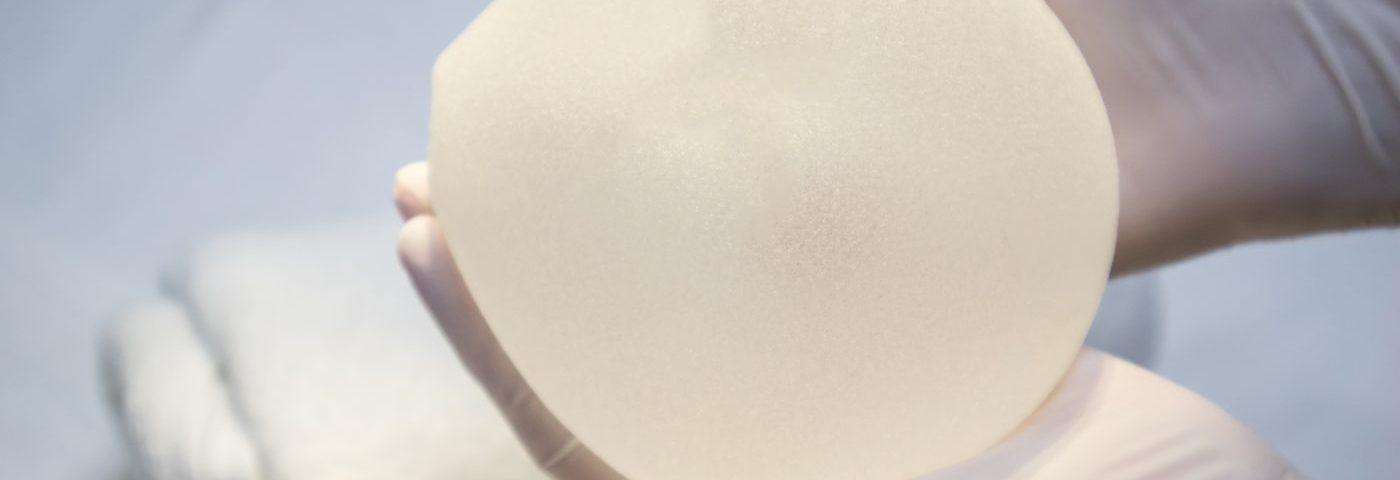In announcing that breast implants linked to anaplastic large-cell lymphoma (ALCL) can continue to be sold in the United States, the U.S. Food and Drug Administration (FDA) proposed assurances that the potential risks of such implants are better known.
In its recent statement, the agency said it would consider requiring an easy-to-understand black-box warning label for implants, and mandating that physicians inform patients of risks prior to surgery. It also said it would discontinue its current practice of allowing manufacturers to file summary reports of adverse events associated with the implants that are inaccessible to the public.
“The FDA would work with stakeholders, including patient groups, on the content and format of any labeling changes proposed or recommended by the FDA, which could include a boxed warning and a patient decision checklist, and would work with manufacturers on implementing any changes to the information they provide to healthcare professionals and patients, including labeling,” the statement said.
It also said the agency, which first called attention to a possible link between the implants and lymphoma in 2011, would continue an outreach to educate the medical community about breast-implant associated large cell lymphoma (BIA-ALCL) and other breast-implant risks. To gain more insight into women’s experiences with breast implants, the FDA said it will partner with registries that collect real-world data on patients with BIA-ALCL.
In addition, the FDA said it would educate pathologists about testing for the disorder, update the public about any new information, and improve its website‘s tools for communicating with women. It also has notified breast implant manufacturers that it has ended all summary reporting of breast implant medical device reports. Now, manufacturers must file individual reports with the FDA that will be made publicly available.
The FDA’s statement — issued by its principal deputy commissioner, Amy Abernethy, MD, PhD, and Jeff Shuren, MD, JD, director of the agency’s center for devices and radiological health — followed a two-day public hearing in March.
The agency’s stance on implant sales refers to textured implants, rather than those with a smooth surface. In most of the lymphoma cases, women had the textured implants.
According to a report in The New York Times, there have been more than 600 cases globally of the breast implant-associated lymphoma — including 265 reported U.S. cases — and approximately 20 deaths. It also said that some 10 million women internationally have implants. In the U.S., about 10% of implants used are textured. In other countries, that number can reach 80%, the FDA said.
The agency’s statement acknowledged that some women with breast implants may develop “breast implant illness,” a host of symptoms that can include joint and muscle pain, chronic fatigue, and cognitive problems, but that those conditions may resolve upon implant removal.
“We believe women considering a breast implant should be aware of these risks,” it said.
But the agency said neither the heightened risk, nor the volume of data, was enough to justify prohibiting the implants, used for cosmetic breast enlargement, or for breast reconstruction. It also said that smooth implants could not be excluded as a cause, since the kind of implant in some lymphoma patients was unknown.
“At this time, the FDA does not believe that, on the basis of all available data and information, the device meets the banning standard set forth in the Federal Food, Drug and Cosmetic Act,” the statement said.
A study published last year in the journal JAMA Oncology found that one in 6,920 women with breast implants will develop ALCL in the breast before age 75.


